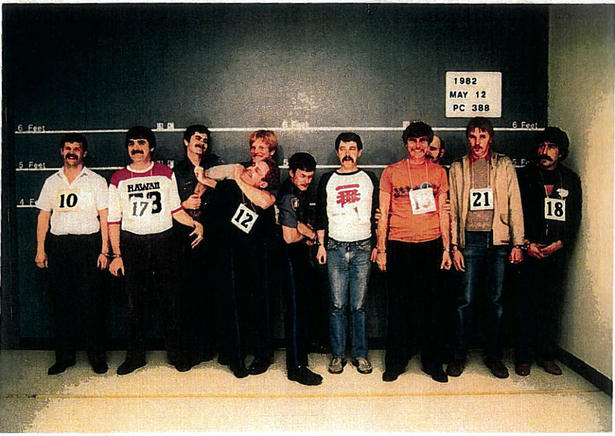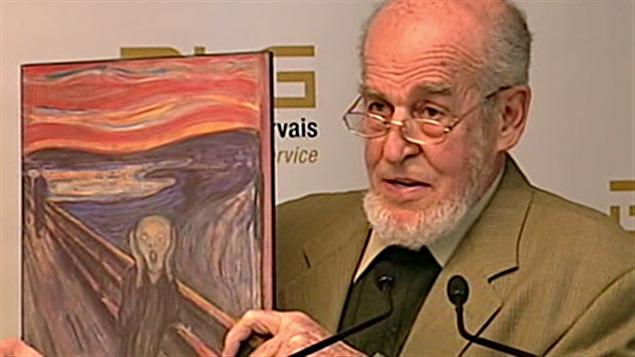
Ivan Henry civil trial date set
January 30, 2013 in News

Ivan Henry is number 12 in this lineup photograph introduced into evidence at his 1983 criminal trial.
Our client Ivan Henry’s civil claim for compensation has been set for a twenty week trial commencing September 8, 2014. Mr. Henry was acquitted of ten counts of sexual assault by the British Columbia Court of Appeal on October 27, 2010 after spending more than a quarter of a century in jail. Mr. Justice Low of the Court of Appeal wrote:
” The process of identification was polluted so as to render in-court identification of the appellant on each count highly questionable and unreliable on the reasonable doubt standard. I consider the verdicts to be unsafe.
In my opinion, the verdict on each count was not one that a properly instructed jury acting judicially could reasonably have rendered.”
The government paid nothing to Mr. Henry to compensate him for his wrongful conviction. Consequently, on June 28, 2011 we filed a Notice of Civil Claim in the Supreme Court of British Columbia, naming the Attorneys General of BC and Canada as defendants, as well as the Vancouver police who had been involved in the investigation of the crimes. At a case management conference on January 22, 2013, Mr. Justice Goepel fixed the trial date. Assuming the trial proceeds as scheduled, Mr. Henry will be back in the Vancouver Law Courts again more than 31 years after his original trial.
…..
There have been many wrongful convictions in Canadian history. The state usually provides compensation to the victims of such miscarriages of justice without putting them to the time and expense of pursuing civil litigation. One notable exception is the recent case of Rejean Hinse, which is summarized below:
Réjean Hinse (aged 73 years in April 2011) was wrongly convicted of taking part in the armed robbery on 14 December 1961 of a general store in Mont Laurier, Quebec. In 1964 he was sentenced to fifteen years in prison for aggravated robbery. In April 2011, after a legal battle lasting nearly fifty years, Hinse was awarded $13.1 million compensation, payable by the Quebec and Canadian Federal governments, the largest wrongful conviction award in Canadian history.
Hinse spent three years on remand and served another five years after sentence. He campaigned to establish his innocence based on the fact that he had been in Montreal, over two hundred kilometres away, at the time the crime was committed. In 1989 the Quebec Police Commission concluded that Hinse was the victim of “a botched investigation”. Although his conviction was quashed by the Quebec Court of Appeal in 1994, partly because of new evidence, and a stay of proceedings was ordered, Hinse continued to argue his innocence. In 1997 he was acquitted by the Supreme Court of Canada, which ruled that evidence presented at his trial was insufficient to convict him of aggravated robbery.
Despite Hinse’s acquittal by the Supreme Court of Canada, the Quebec and federal governments refused to acknowledge his innocence. He sued for compensation in a civil court case that went to trial in 2010. Judgment was handed down by the Quebec Supreme Court on 14 April 2011. The Canadian federal government was ordered to pay Hinse $8.6 million, subject to appeal. The Government of Quebec reached a settlement prior to the judgment involving payment of $4.5 million to Hinse.
After the judgment, Hinse used a copy of Edvard Munch’s painting The Scream to illustrate his psychological condition in prison. He described how “After I was sentenced … the headaches were unbearable. The only way to cope with the pain was to keep banging my head against the stone wall – a little harder, then a little harder still, until the pain I was inflicting on myself became more intense than the other pain.”*

Rejean Hinse, with Edvard Munch's "The Scream"; CBC
*[From Wikipedia, footnotes omitted]







 Follow this site using RSS
Follow this site using RSS

